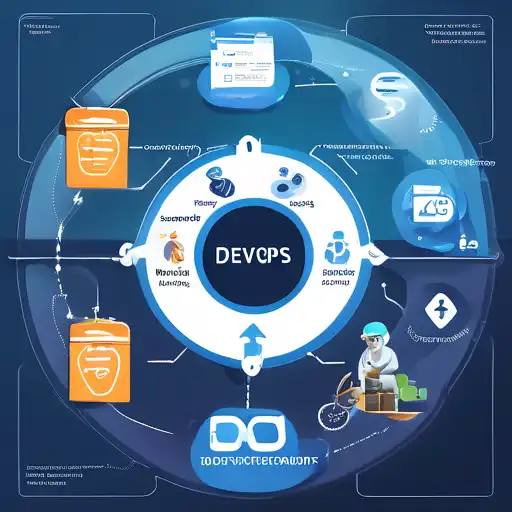Introduction to DevOps in Software Development
DevOps has revolutionized the way software is developed, deployed, and maintained. By bridging the gap between development and operations teams, DevOps practices ensure a smoother, faster, and more efficient software development lifecycle (SDLC). This article explores the pivotal role of DevOps in enhancing the SDLC, focusing on its benefits, methodologies, and best practices.
The Core Benefits of DevOps
DevOps brings numerous advantages to the table, including but not limited to:
- Improved Collaboration: DevOps fosters a culture of collaboration between developers and operations teams, breaking down silos and enhancing communication.
- Increased Deployment Frequency: With continuous integration and continuous deployment (CI/CD), teams can release updates more frequently and with greater reliability.
- Higher Efficiency: Automation of repetitive tasks reduces manual errors and frees up time for innovation.
- Enhanced Quality: Continuous testing ensures that bugs are identified and fixed early in the development process.
DevOps Methodologies That Transform SDLC
Several DevOps methodologies play a critical role in transforming the SDLC:
- Continuous Integration and Continuous Deployment (CI/CD): These practices allow for the automatic testing and deployment of code changes, facilitating a more agile development process.
- Infrastructure as Code (IaC): IaC enables the management of infrastructure through code, improving consistency and reducing setup time.
- Monitoring and Logging: Real-time monitoring and logging help in identifying and resolving issues promptly, ensuring high availability and performance.
Best Practices for Implementing DevOps
To fully leverage the benefits of DevOps, organizations should adhere to the following best practices:
- Embrace a DevOps Culture: Encourage collaboration and shared responsibilities across teams.
- Invest in the Right Tools: Utilize tools that support automation, monitoring, and collaboration.
- Focus on Continuous Learning: Stay updated with the latest DevOps trends and technologies.
- Prioritize Security: Integrate security practices early in the development process to ensure secure applications.
Conclusion
DevOps is not just a set of practices but a culture that significantly improves the software development lifecycle. By fostering collaboration, automating processes, and ensuring continuous delivery, DevOps enables organizations to deliver high-quality software at a faster pace. Embracing DevOps methodologies and best practices is essential for any team looking to enhance their SDLC and stay competitive in the rapidly evolving tech landscape.
For more insights into optimizing your development processes, explore our articles on Agile Methodologies and Continuous Integration.
